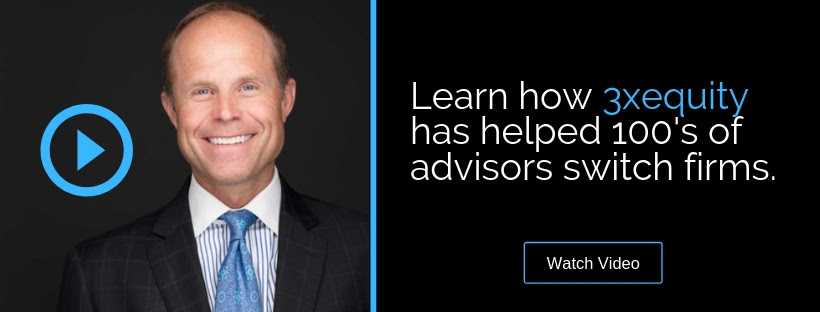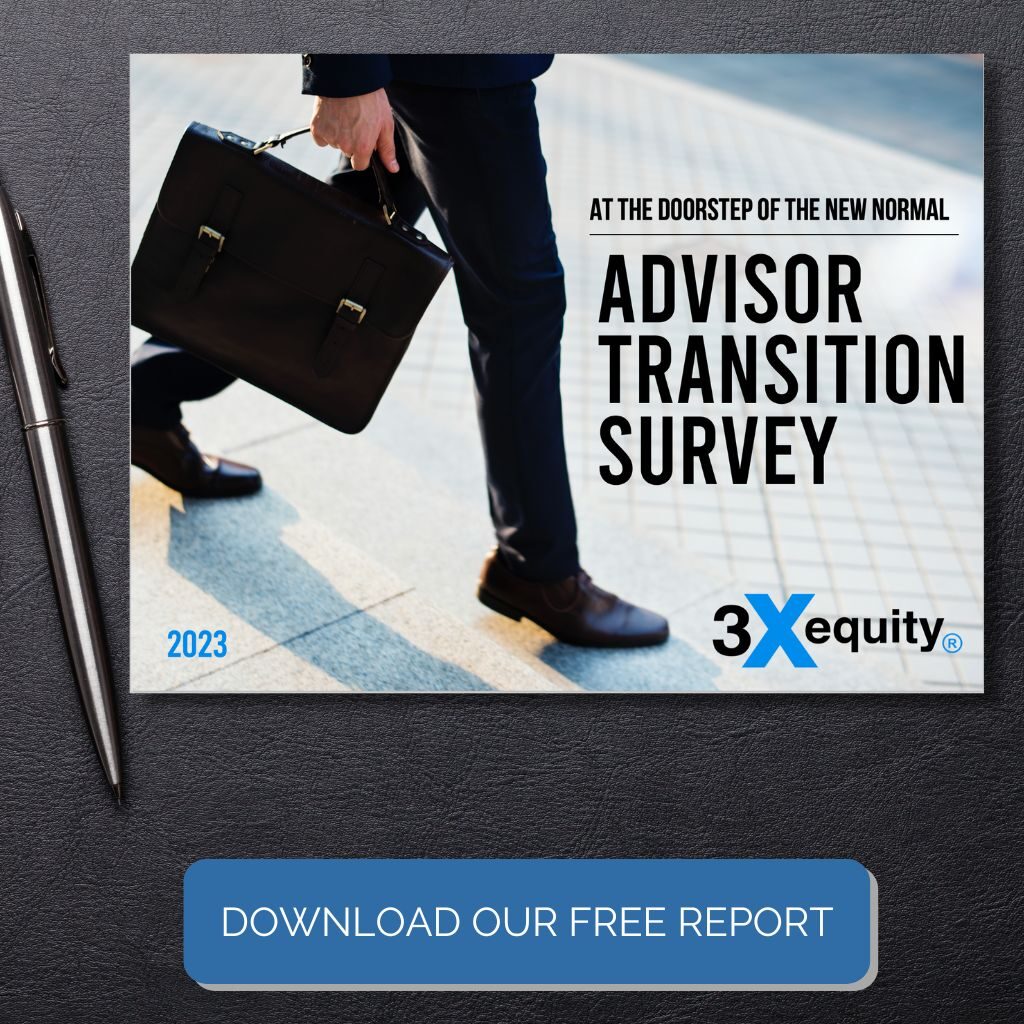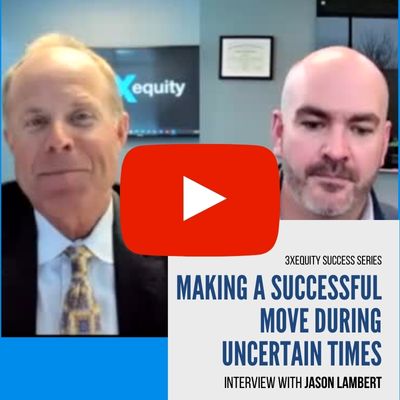The need for mentoring the next generation of financial advisors is primarily driven by the imminent demographic shifts taking place in the industry. According to Cerulli Associates, the average age of financial advisors is the mid-50s, and Cerulli estimates that close to 98,500, or about 32%, of financial advisors plan to retire over the next 10 years.
In addition to the asset transfers from Baby Boomers to Gen X, Y, and Z, the retirement of a large number of financial advisors will also lead to a transfer of asset under management to the next generation of advisors. This asset transfer, coupled with the fact that only 5% of financial advisors in US firms are below 30 years old, highlights the need for effective programs to not only attract new talent but also to mentor and retain younger advisors.

Mentoring is needed, in part, because an essential task of the financial advisor’s role is to reach out to potential clients to grow the practice, which leads to rejections. However, not all young advisors are able to deal with rejection, leading to high attrition rates. Effective mentoring of young talent can improve the odds of success for new talent, help them deal effectively with rejection, and reduce attrition rates.
In addition to reducing attrition rates, mentoring can lead to satisfaction at work, a key driver of advisor retention. One measure of satisfaction is an advisor’s ability to effectively complete tasks, but lack of experience makes completing tasks more difficult. The J.D. Power 2014 U.S. Financial Advisor Satisfaction Study shows that work satisfaction is significantly higher among the younger, less experienced advisors who are part of a mentoring program.
Generational shift is also demanding changes in training methodologies. The traditional apprentice-based model of training is evolving into a mentor-based relationship. Financial advisor practices are delegating greater responsibilities to younger advisors sooner than was previously the norm. Practices need new and innovative ways for onboarding and retaining talent.
Forms of Mentoring in Financial Advisory
The foundation of any mentoring relationship is mutual trust and respect between the mentor and young advisor. Mentors are typically found internally, however external mentors can provide young advisors access to resources, knowledge, and networking outside the practice. Some of the commonly used forms of mentoring include:
- Supervisor mentoring – An adaptation of the apprenticeship style of training where the supervisor provides the necessary coaching and input to the young advisor. This structure provides more of a day-to-day, hand-holding level of support to the young advisor, and is primarily aimed at improving the confidence of the advisor in client dealings.
- Group mentoring – Mentors are assigned to a group of young advisors. The key advantage of this form of mentoring is that young advisors benefit from the wisdom of a team of mentors, rather than a single mentor.
- Reverse mentoring – A strategy that is being increasingly used by financial advisors to leverage the skills and expertise that young advisors bring to the practice, particularly with respect to technology. Young advisors can provide great research support, feedback, and technology support for their senior financial advisors. Such reverse mentoring can also expedite technology adoption in traditional practices.
- Peer mentoring – A form of mentoring where colleagues provide intellectual and emotional support to one another in a structured manner. Peer mentoring meetings can be brainstorming sessions to provide effective solutions, or career-oriented sessions.
For larger practices and those looking at leveraging available technology, virtual mentoring is also an available alternative. In this form of mentoring, despite the absence of a physical presence, the mentor and junior advisor use technology to establish and maintain the necessary communication required to build and grow the relationship.
Factors to consider in mentoring
Just as the profile of Gen Y and Z clients has evolved based on their specific circumstances, the training and mentoring of this generation has to take into account their unique requirements. A Pershing LLC survey of 500 graduate students showed that 90% prefer career guidance from a mentor. Some of the factors to consider in developing a mentoring model include:
- Finding the right mentor – The success of a mentoring program will depend heavily on finding the right fit between mentor and young advisor. Since the relationship is based on trust and communication, identifying and matching the appropriate mentor with the advisor is critical.
- Setting goals and expectations – Setting clear expectations and aligning the goals of the mentor and advisor are also important to stay on course. Increasingly the mentoring relationships in financial advisory are becoming more comprehensive, covering multiple aspects such as career guidance, informational support, and reverse mentoring.
- Ensuring necessary client focus – Mentors should be willing to introduce young advisors to their network of clients. This allows young advisors to learn client-facing and relationship management skills from their mentors, and helps boost their confidence to take on more independent responsibilities in the practice.
- Tracking performance – Mentoring is an investment that the practice makes towards it future, and like any other investment, it is important to track performance. Some relationships may not work, so tracking performance to take corrective action ensures that the mentoring is not wasting the practice resources and the time of both parties. Regular meetings that track progress towards identified goals are beneficial.
For financial advisors looking at internal succession, identifying young talent and grooming them to fit into your practice culture can ensure a more effective transition at the time of retirement. Mentors that are cued in to the needs of young advisors can help identify strategies that motivate young talent to take on more responsibilities. Mentoring relationships are ongoing and help create confident, well trained, and capable next-generation financial advisors who are ready to take on the books of business of the retiring financial advisors.




